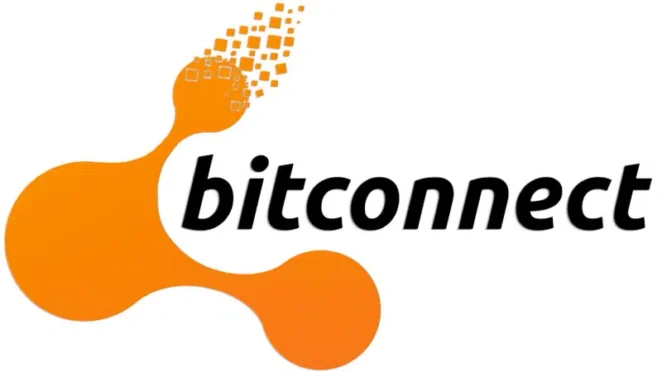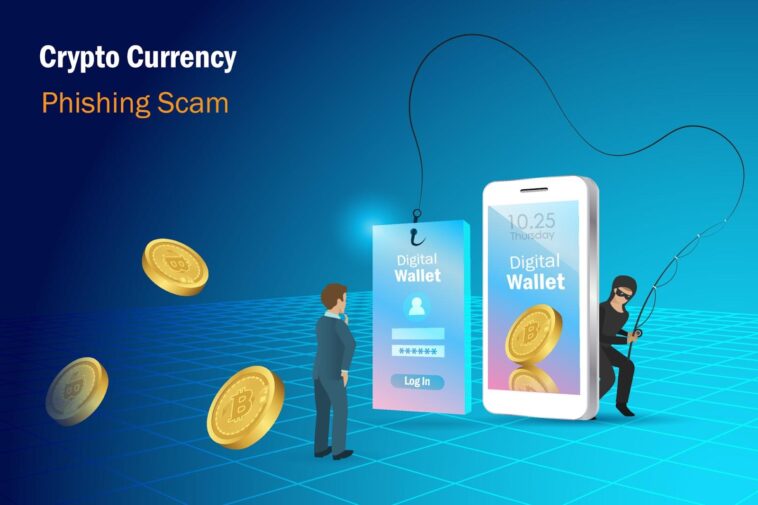Metamask is a popular cryptocurrency wallet that allows you to store and trade your coins. However, it’s also a prime target for scammers. There have been numerous reports of people losing their money to fake Metamask wallets and exchanges. So how can you spot a Metamask scam?
There Are Several Red Flags That Should Be Viewed for This Fraud:
- The URL of the site will usually be slightly different from the real Metamask site. For example, it might say “metamask-wallet” instead of just “metamask”.
- The site may also have a different branding than the real Metamask site. For example, the scammer may use a different logo or color scheme.
- When you try to log in, you may get an error message saying that your password is incorrect. The scammers don’t have your login information, so they can’t let you in.
- If you manage to log in, you may find that your account has been emptied. The scammers have transferred all of your money to their wallets.
- If you think you may have fallen for this scam, the first thing that the trusted browser extension Guard.io recommends for you to do is change your password and enable two-factor authentication on your crypto accounts. Recently, MetaMask has made giant leaps in user security protection, so you should also contact Metamask support to let them know what has happened.
The Bitconnect Scam

Bitconnect was a cryptocurrency lending platform that promised considerable returns to investors. However, it turned out to be a Ponzi scheme, and many people lost a lot of money when it collapsed.
The scam works by convincing people to invest their money in the platform. Investors are promised high returns, but these returns are actually just coming from new investors. Eventually, the scheme collapses, and people lose all of their money.
The PonziCoin Scam
PonziCoin was a cryptocurrency created as a parody of the Bitconnect scam. However, it quickly became a real scam, and many people lost money.
The PonziCoin scam works similarly to the Bitconnect scam. Investors are promised high yields, but the money for these returns is actually funded by new investors. While the cycle can continue for a short period, eventually, the scheme collapses, and people lose all of their money.
The OneCoin Scam
The OneCoin scam is a Ponzi scheme that promises investors huge returns if they invest in the “OneCoin” cryptocurrency. The problem is that there is no such thing as the OneCoin cryptocurrency, and the people behind the scam are just using it to steal people’s money.
The Bitpetite Scam

The Bitpetite scam is a fake investment scheme that promises high returns. When people tried to invest, they would send their money to the scammer’s wallet instead of the genuine Bitpetite wallet. The scammer set up a very similar website to the real Bitpetite site. They then used social media and online forums to promote their fake site.
The Bitcoin Code Scam
The Bitcoin Code is a fake trading software that claims to be able to make you money by trading Bitcoin. The scam works by convincing people to invest money with the promise of high returns. However, the software is a fraud and will take your money without giving you anything in return.
How to Avoid Cryptocurrency Scams
The best way to avoid cryptocurrency scams is to be vigilant and do your research. Be especially careful of any platform that promises high returns, as these are often scams. If you’re ever unsure, you can always contact the support team of the platform you’re using for help.
Buying Virtual Currencies
When buying virtual currencies, be sure only to use a reputable exchange. Some fake exchanges have been created to scam people out of their money. If you’re unsure if an exchange is legitimate, do some research before sending any money.
Many Resources Available Online Can Help You Spot a Fake Exchange

When you’re on an exchange’s website, check the URL to ensure it’s the same as the legitimate site. If there’s any difference, it could be a scam.
Research the exchange: Before sending any money to an exchange, do thorough research. Read reviews from other users to see if they’ve had a good experience. Visit messaged boards and ask questions of other users.
Avoid new exchanges: Be careful if an exchange is new and doesn’t have much information. Do some research to make sure it’s legitimate before entering any information or sending any money.
Be wary of high rates of return: Some fake exchanges will offer unusually high rates of return in an attempt to scam people. Be wary of any exchange that offers guaranteed or very high returns.
Don’t click on links from people you don’t know: Never click on links in emails or instant messages from people you don’t know. These could be phishing scams designed to steal your login information. If you’re unsure if a link is safe, you can hover over it to see where it will take you.
Cryptocurrencies are a very hot topic these days and for good reasons. They offer a way to make anonymous transactions, which can be very useful in certain situations. However, this also makes them a prime target for scammers. One of the most common scams is to create a fake cryptocurrency wallet or exchange that steals people’s money. To avoid these scams, it’s essential to be vigilant and do your research.




